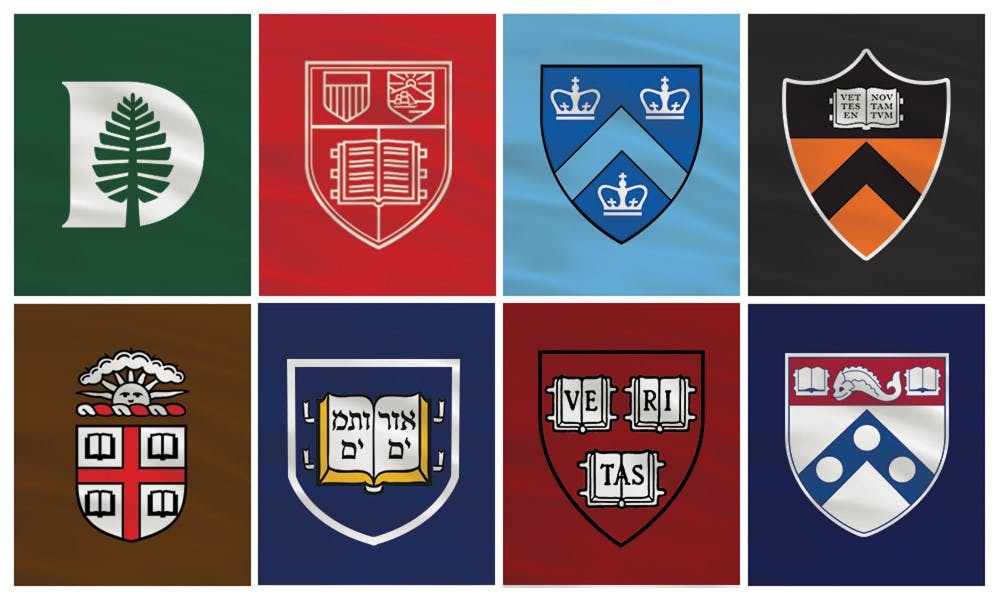While the business school admissions process remains competitive, fewer people are applying to premiere MBA programs compared to years past.
The Wall Street Journal reported that this trend hit the Wharton School, Harvard Business School, and Stanford Graduate School of Business as well as business programs at Columbia University, Yale University, and University of Chicago, and University of California at Berkeley.
The annual Facts and Figures report from Wharton’s MBA program reflect these changes across each year. While Wharton received 6,679 applications two years ago, and 6,692 applications one year ago, they received 6,245 applications for this year’s Class of 2020, a 6.7 percent decline. The MBA program continues to enroll roughly 850 students regardless of the number of applications.
Among the Ivy League, Harvard received 9,886 applications this year in contrast to 10,351 for the previous class. Columbia received 2.6 percent fewer applicants from last year and Yale 7.6 percent fewer, the report shows.
Nationwide, this drop is partly due to a decline in international-student applications to business schools, measuring to 11 percent. The Wall Street Journal reported U.S. business schools experienced a 7 percent drop in applications between 2017 and 2018, compared to an increase in applications to business schools in the Asia Pacific, Europe, and Canada.
This drop in applicants has already been occurring for some other schools. Two universities, University of Iowa and Wake Forest University, have even closed down their MBA program, and other institutions are considering following suit.
Director of Media Relations for the Wharton School Peter Winicov was not available for comment.
This trend comes at a time during which wages are growing at their fastest rate since 2009 and unemployment is at 3.9 percent, one of the lowest rates in half a century. Meanwhile, student debt is at a high--the average student loan borrower holds $37,172 in debt by the time they graduate, potentially driving undergraduates to pursue employment instead of a graduate MBA degree, the Wall Street Journal reported.









